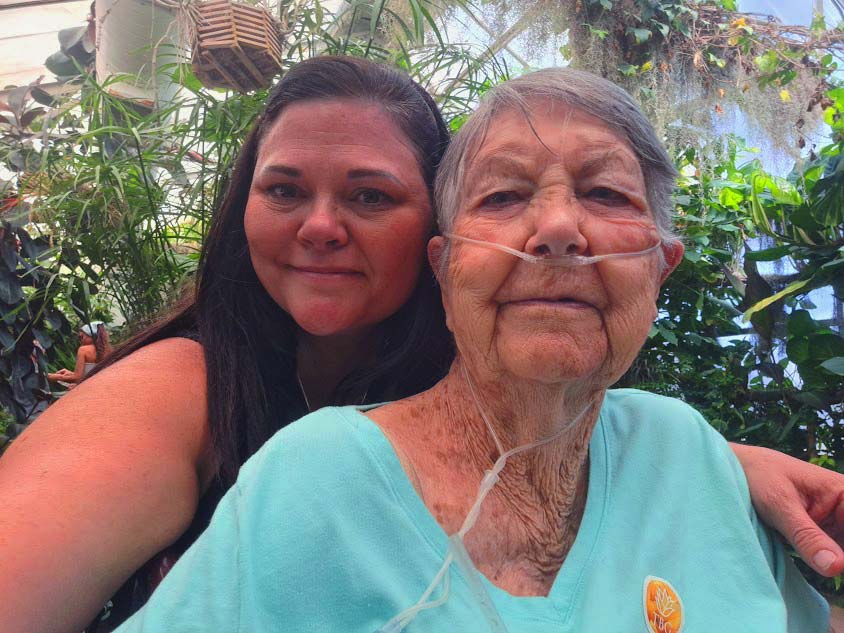Protecting seniors and ensuring they find the right care and placement is a crucial aspect of elder care.
As our loved ones age, it’s important to make sure they receive the support they need while maintaining their dignity and quality of life.
Here are some key points to consider when navigating this process:

Assessing Needs
The first step in protecting seniors and finding appropriate care is to assess their needs. This might include evaluating their physical health, cognitive abilities, and emotional well-being. Consider the following:
Medical Needs
Are there chronic conditions that require constant monitoring? Do they need assistance with medication management?
Daily Living Activities
Can they manage daily tasks such as bathing, dressing, and cooking on their own, or do they need help?
Cognitive Health
Is there any sign of dementia or other cognitive impairments that require specialized care?
Types of Care
Depending on the assessment, different types of care might be appropriate:

In-Home Care
For those who prefer to stay in their own homes, in-home care services can provide assistance with daily activities and medical needs. This can range from a few hours a week to round-the-clock care.

Assisted Living
These facilities offer a blend of independence and assistance. Residents have their own living spaces but can receive help with daily activities and medical care as needed.

Nursing Homes
For seniors with more intensive medical needs, nursing homes provide 24/7 care from medical professionals.

Memory Care Units
Specialized facilities for individuals with dementia or Alzheimer’s disease, offering a safe environment and specific care to address cognitive challenges.
Finding the Right Placement
Choosing the right care facility is critical. Here are some steps to help in the decision-making process:
